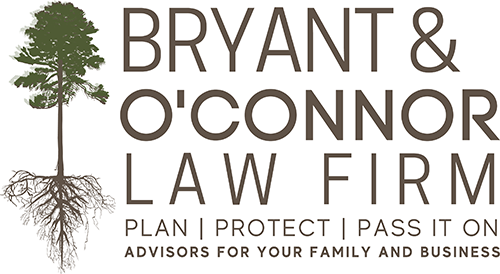Introduction:
Commercial real estate transactions are complex, multifaceted affairs that often require a tailored approach. While a buyer’s needs in these deals are apparent, the seller’s position is equally intricate and laden with unique challenges. If the sale also includes an operating business, the complexity only multiplies. In residential real estate closings, it’s pretty common for there to only be one attorney involved, but that may not be advisable in a commercial transaction. Here we’ll explore why having a specialized attorney representing a commercial seller is not just advisable but essential.
- Understanding the Assets at Issue:
Commercial properties differ significantly from residential ones and sometimes include more than just the real estate. They can range from office buildings, hotels, restaurants, retail spaces to mixed-use properties. If the sale includes an ongoing business, evaluating its operation, understanding its contracts, liabilities, and assessing it independently from the real estate become paramount. An attorney with expertise in commercial real estate and business law can untangle these complexities.
- Drafting and Reviewing Contracts:
Commercial real estate contracts are laden with legal jargon and intricate clauses that can be overwhelming for people who aren’t experience at reading real estate agreements. An experienced attorney can draft, review, and negotiate these contracts to ensure the terms are favorable, or at least fair, to the seller, reflecting the full agreement between the parties. The sale of an operating business adds another layer, requiring a separate set of provisions and due diligence inquiries.
- Managing Due Diligence:
Due diligence and inspections are often more involved than due diligence in residential closings. A buyer’s due diligence can unearth a multitude of issues ranging from structural problems, environmental concerns to potential legal liabilities tied to the property or associated business. Sellers need their own attorney to prepare for this scrutiny, address issues appropriately, and negotiate resolutions. The buyer and closing attorney will also want to confirm that the seller has the legal authority to enter into a contract to sell the properties, and the seller’s own attorney should be available to prepare the organizational documents to give the company’s owner or officer authority to complete closing.
- Handling Title Issues:
The buyer’s or lender’s attorney often examines the title and notifies the seller of any title objections. Encumbrances or defects in the title can derail a commercial real estate transaction, but a competent seller’s attorney ensures that title matters are addressed appropriately, and if necessary, can help the seller cure any issues so that closing can proceed.
- Monitoring Closing for the Seller:
While the purchaser’s (or their lender’s) attorney often acts as closing attorney, it is essential that the seller’s closing attorney keeps track of the moving pieces before and during closing. The seller’s attorney’s job is to protect the seller’s interests under the real estate contract. Settlement statements and closing documents must be reviewed to ensure the deal is being carried out in a way that protects the seller’s rights.
- Mitigating Risks:
Whether it’s handling potential disputes with buyers, ensuring compliance with complex laws, or negotiating favorable contract terms, having a seasoned attorney minimizes the risks involved in commercial real estate transactions. This legal expertise becomes even more vital when an operational business is part of the deal, with its array of contracts, liabilities, and ongoing obligations.
- Post-Closing Matters:
Sometimes, obligations continue after the closing of a commercial real estate transaction, especially when a business is involved. These might include transitional services, ongoing liabilities, prearranged post-closing escrows or deliverables. Having an attorney ensures that these post-closing matters are handled correctly, minimizing future disputes.
Conclusion:
Selling commercial real estate, especially when it includes an operating business, is a complex process filled with potential pitfalls. Having a dedicated attorney who understands the multifaceted nature of these transactions ensures that a seller’s interests are safeguarded. From drafting and negotiating contracts to compliance with regulations, managing due diligence, handling closing, and monitoring post-closing matters, a seller’s attorney is indispensable.
At Bryant & O’Connor Law Firm, we enjoy representing and advocating for sellers in commercial real estate transactions, including those involving operating businesses. We understand the nuances and unique challenges you face and provide personalized legal support to make the selling process a little less stressful. Contact us today to discuss your commercial real estate needs.
Disclaimer: This blog post provides general insights and does not constitute legal advice. Always consult a qualified real estate attorney for personalized guidance tailored to your specific situation.

